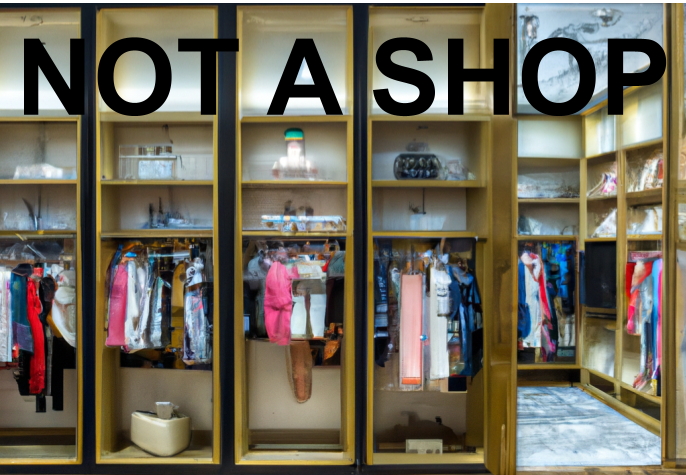Almost daily, we talk to a company that is starting a new brand. Often the plan is to create their own brand and sell the products on their own website directly to consumers. The question they always ask is in what classes should they protect their trademark.
The first and foremost is, of course, the class that their product belongs to. For example, for a clothing brand, it is class 25, and for cosmetics, it is class 3. Additionally, since they plan to sell their products in their own online store, class 35 (online retail services) seems logical as well.
While it is usually advisable to protect the mark also in class 35 for retail services, the current view of the EU courts and EUIPO is that selling your own products on your own online store (or in a brick-and-mortar shop) does not constitute a retail service.
What is a retail service?
For trademark purposes, a retail service is “the bringing together, for the benefit of others, of a variety of goods, enabling customers to conveniently view and purchase those goods“. In essence, the services are a) directed to customers, and b) for the benefit of others. This “others” means manufacturers and brand owners seeking an outlet for their products. It is required that a sales service benefits a third-party manufacturer or brand owner.
An easily understandable analogy used by EUIPO is advertising. Advertising your brand is not an advertising service you provide for the benefit of others. An advertising service consists fundamentally of providing the service for third parties. It’s not about promoting your own products. Also, selling your products is an integral part of putting your goods on the market. After all, you have to sell your product to somebody, somehow.
Selling your own products is not an independent service, but an integral part of putting your products on the makret. This, according to EUIPO’s practice, is the case even if you run an actual physical shop with your trademark as the shop’s name. This is even if you have staff making recommendations among various products you have. For example, if the shop is for clothing, there are many options to choose from, despite all options being from the same brand. This clearly seems like a service offered to consumers. However, what’s missing is the service provided for other manufacturers to have their products offered for sale as well.
If Adidas has an outlet store that sells its products, it is not a “retail service”. Apple’s AppStore, on the other hand, is a retail service because it allows other parties’ products to be purchased there.
Does trademark protection for products extend to retail service of those products?
Having said all that, the fact that your online store or physical shop does not constitute a retail service within the meaning of trademark law does not mean that there is no legitimate interest in prohibiting the use of an identical or similar mark for retail services concerning same and competing goods. If you have a clothing brand, you surely want to prevent others from using the same or similar name for operating a clothing store.
According to EUIPO practice, the retail services of specific goods are considered similar to those specific goods. In other words, “shoes” in class 25 are considered similar to “retail of shoes” in class 35. This means in practice that if the marks are also similar, there is typically a likelihood of confusion, and a shoe brand owner can prevent a similar mark from being used and registered for the retail of shoes. To put it differently, a trademark registration in respect of particular products (shoes, cosmetics, etc.) gives reasonably good protection also for the retail services of those same products.
Conclusion
Although protecting a trademark with respect to physical products also provides some protection against others using that or a similar mark for the retail of those same products, the situation is still not optimal for brand owners. Most consumers will very likely consider single-brand shops to be retail services, where they can view, try, and compare products. This is the case even when the consumer knows that all products in that store come from one commercial origin. In most cases, companies are well-advised to protect the trademark also for retail services, even if they currently use it only for physical products and their own online store.”
Read more
Trademark use online – the case of SaaS and e-commerce companies
Does a prior domain name pose a risk for your trademark?



